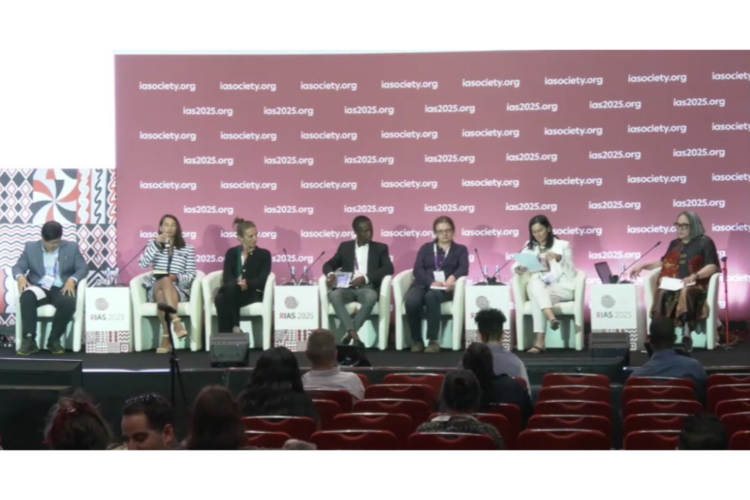At IAS 2025 HIV Science Conference, a session brougth together community-led research from Russia, the US, Vietnam, France, and Kenya, highlighting the ongoing impact of stigma, violence, poor healthcare access, and legal discrimination on trans and gender diverse people.
Moderated by Cecilia Chung from the Transgender Law Center (USA), the session reminded us that the HIV response cannot be effective without centering the voices, needs, and rights of trans and gender diverse communities.
The session highlighted the power of community-led research in producing vital data on marginalized communities.
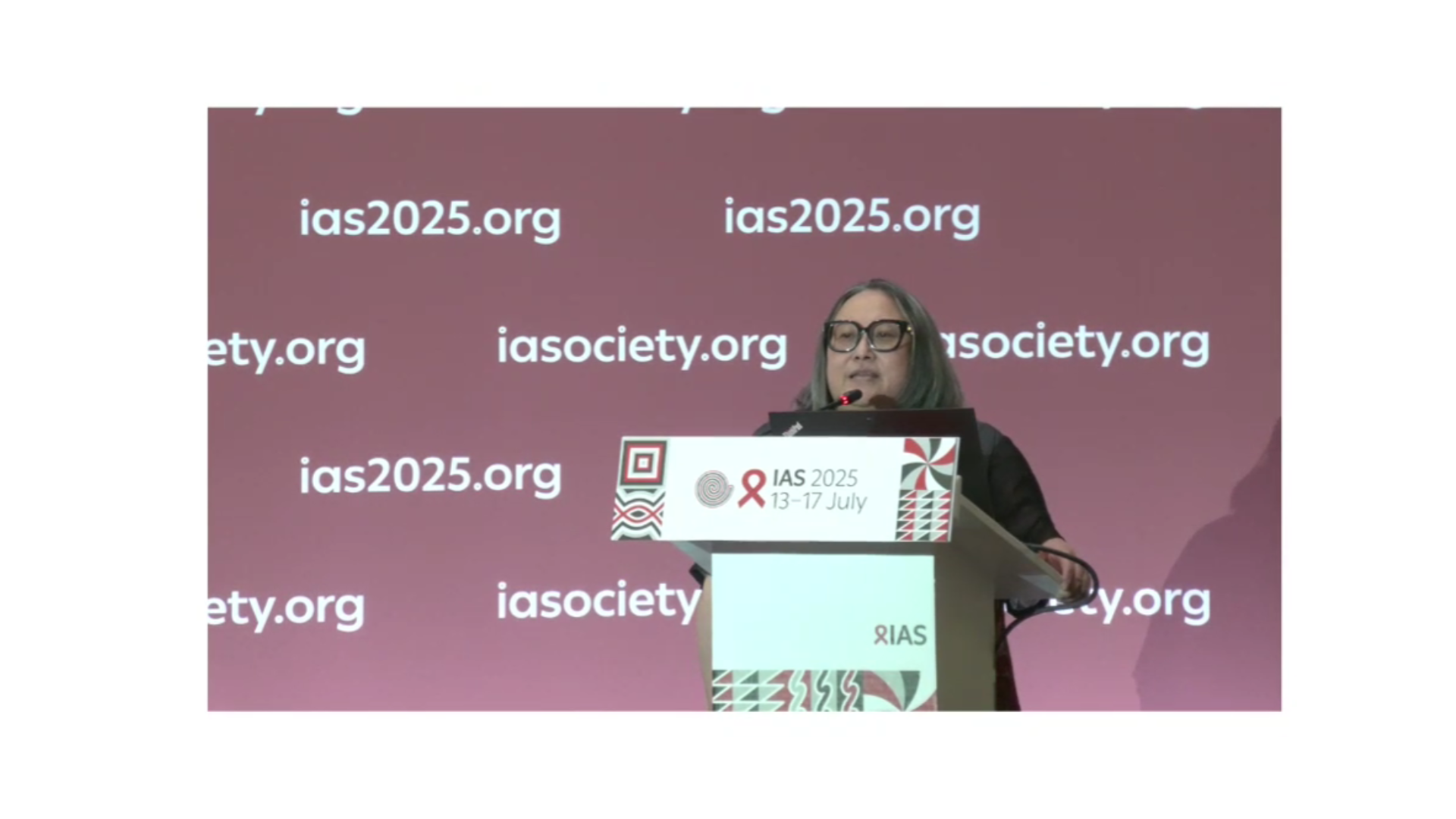
Below you’ll find a summary of each country’s reasearch and how is the state of trans and gender diverse rights and healthcare access regarding the HIV response.
Russia: Fear, Crisis, and Urgency in a Hostile Climate
Mark Kandolsky presented the first-ever study focusing on trans and gender diverse people in Saint Petersburg. In a country facing the largest HIV epidemic in Eastern Europe, trans communities remain alarmingly invisible due to lack of data. The study highlighted that:
- A new anti-trans law banning gender transition has had a major impact on mental health, with 65% of community members reporting a decline in mental well-being.
- Participants reported being afraid to leave their homes due to extremely high levels of stigma and discrimination, with some being coerced into conversion practices without informed consent.
- 39% of participants are seriously considering emigration due to hostile conditions.
- 14% of trans women are at risk of HIV, yet have limited access to prevention or testing services.
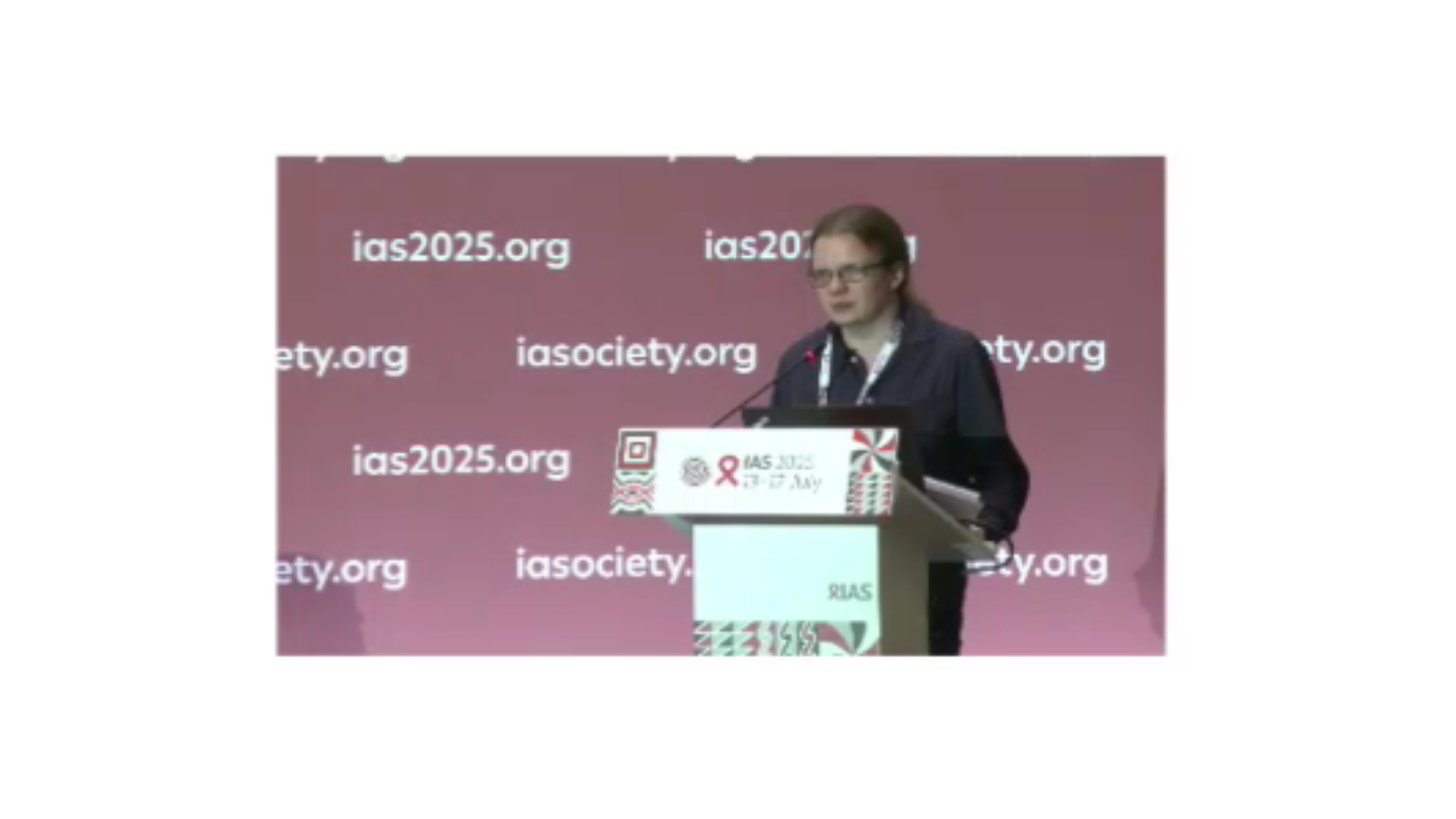
USA & Puerto Rico: Trans Women’s Experiences with PrEP
Erin Cooney shared findings from the ENCORE study, which examined trans women’s experiences of using HIV prevention medication (PrEP), in the form of either pills or long-acting injections.
Most participants had a positive experience using PrEP.
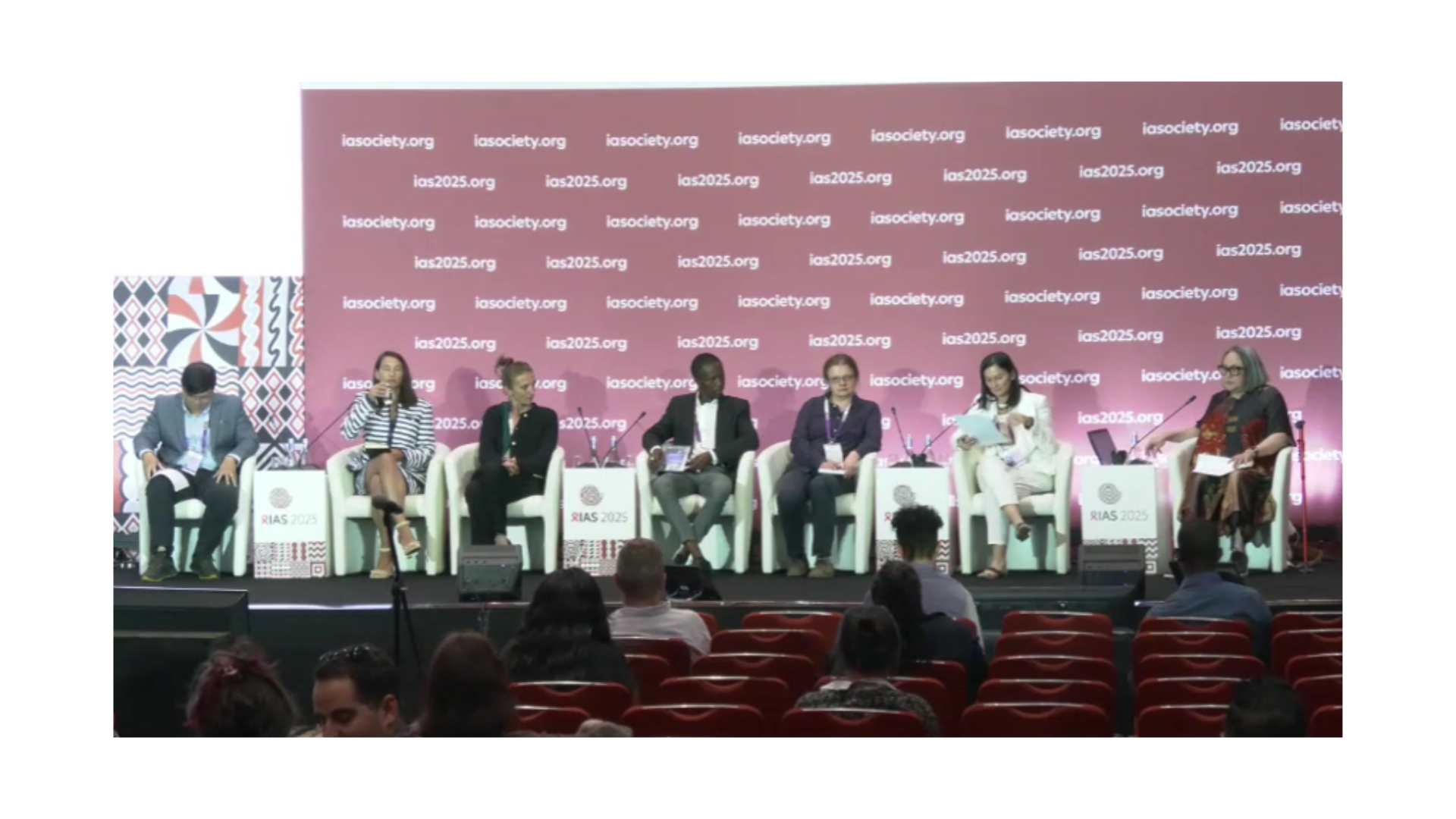
The reasons for choosing different PrEP methods (pills vs. injections) and challenges experienced differed by race, income, and region. The study also highlighted that there is a need for shared decision-making and tailored services. If choice matters, so does equity. That is why more needs to be done to ensure that trans and gender diverse community members are engaged in PrEP programs.
Vietnam – Stigma Leads to Substance Use in men who have sex with men and trans women living with HIV
Minh Nguyen Thien presented a study from the Mekong Delta showing how stigma leads to potentially harmful coping behaviours such as substance use, among men who have sex with men (MSM) and trans women living with HIV. The findings of the study suggested that:
- 30% of participants started using drugs like meth or ecstasy within a year of facing stigma.
- 67% of participants reported experiencing at least one form of stigma, including a sense of exclusion, emotional trauma, mockery, physical attacks, and negative judgments. Physical attacks, sense of exclusion, and emotional trauma were strongly linked to increased risk of substance use.
- Stigma drives substance use, which can undermine treatment adherence, increase HIV risk, and amplify health inequities.
- Interventions to address stigma should be integrated into health programs and policies.
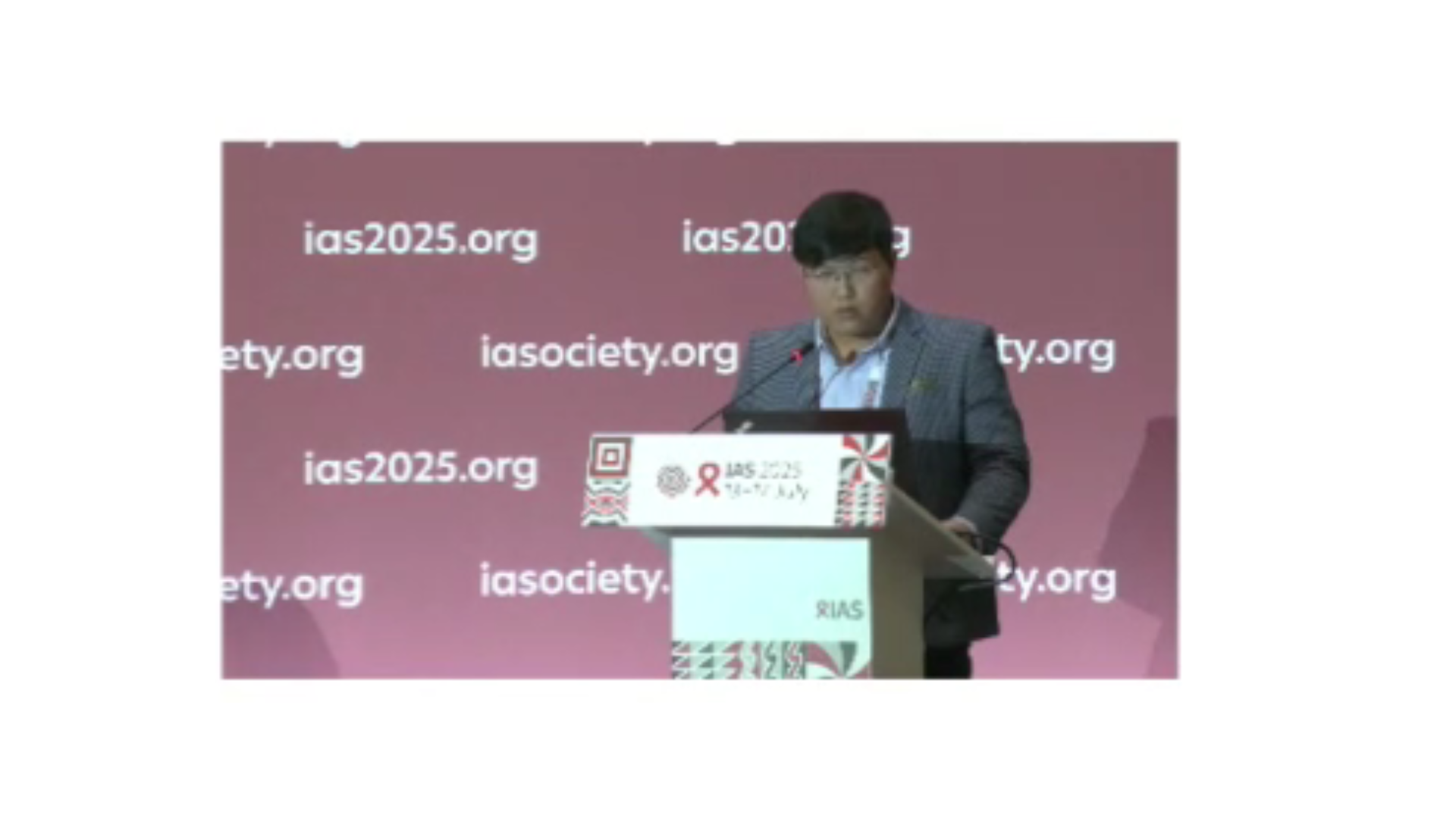
France – Violence Against Trans Women Living with HIV
Marion Fiorentino shared results from the TRANS&VIH study, which looked at violence faced by trans women living with HIV, whether or not they engage in sex work. The findings concluded that:
- Trans women sex workers and trans women who are not engaged in sex work face high levels of violence in France.
- Sources of violence come from everywhere: partners, police, strangers, and close family or friends.
- For sex workers, housing instability and street violence often led to interruptions in HIV treatment.
- Violence was tied to poor mental health and limited access to services.
In a context of high levels of transphobia and sex work criminalization, ensuring equitable access to HIV care and mental health services for trans women is critical. This requires protecting fundamental human rights and improving socio-economic conditions.
Kenya – Mpox Awareness Gaps in Trans and Intersex Communities
Charles Njuguna and Jeffrey Wambaya presented work from grassroots Mpox awareness sessions in Nairobi, Kenya. The findings show that:
- 85% of participants had never received any information about Mpox, and many confused it with skin issues common in people living with HIV.
- Trans and intersex communities face discrimination and misrecognition, and often mistrust clinics due to past discrimination.
- Although peer-led education improved trust and understanding, Mpox services remain inaccessible and unsafe for many trans and intersex community members.
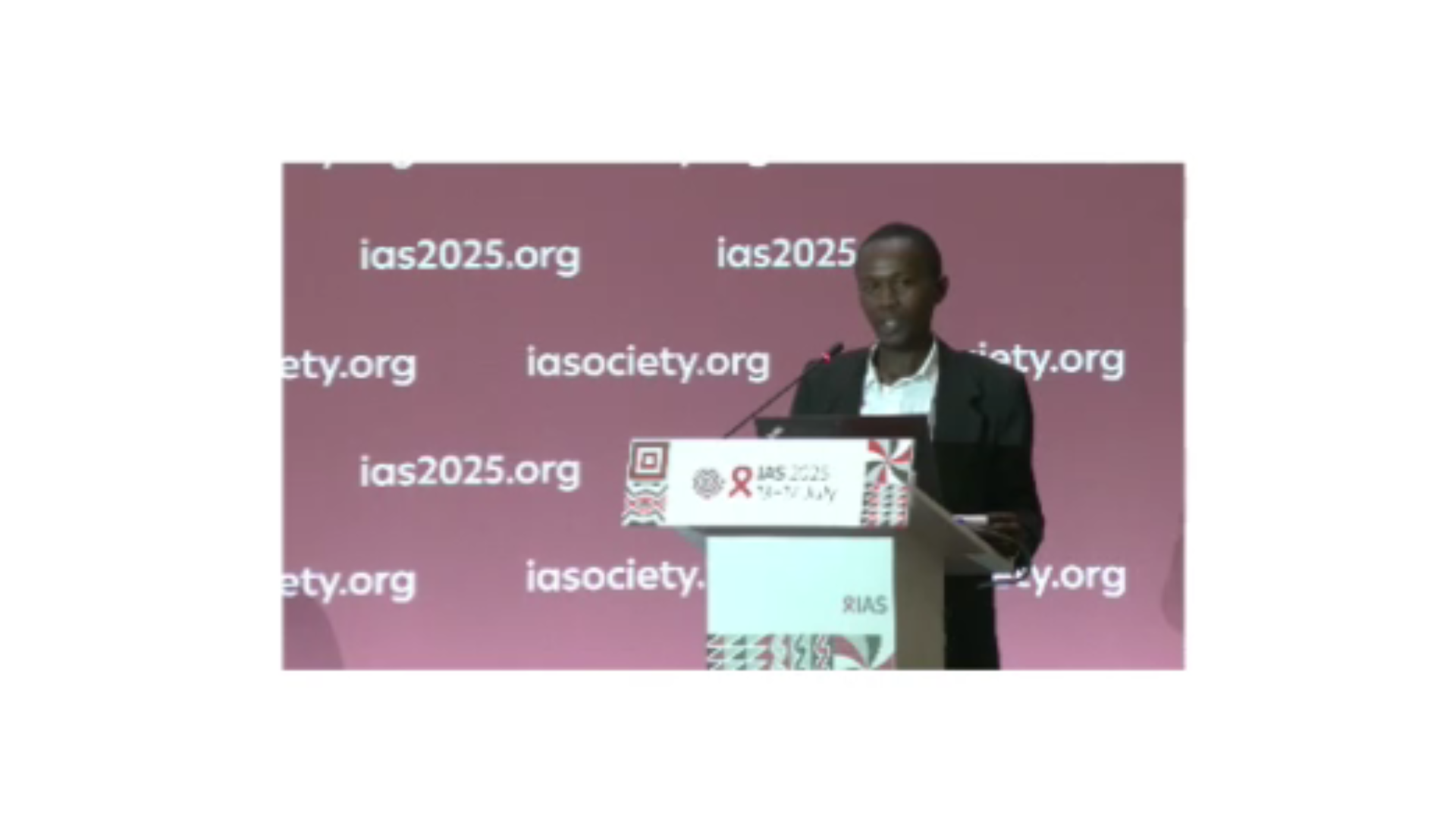
As the study also highlighted community-led services play a vital role in reaching marginalized communities during pandemics.
Key conclusions
As the session came to a close, a shared sense of urgency emerged. Across countries, it was clear that community-led research is not only essential for generating accurate data, but also for protecting lives. Panelists and participants agreed that there is a dire need for greater visibility, funding, and protection for trans and gender diverse communities, especially in Eastern Europe and Central Asia, where representation at global forums remains alarmingly low.
Health funding cuts were recognized as a growing threat, with real consequences for HIV, TB, and hormone therapy access. At the end, a collective call to resist the erasure of trans communities by ensuring their inclusion in every step of health policy and program design was made.
It is unquestionable that trans and gender diverse people are doing vital, often life-saving work in some of the world’s most hostile environments, and they must be supported, not excluded.




